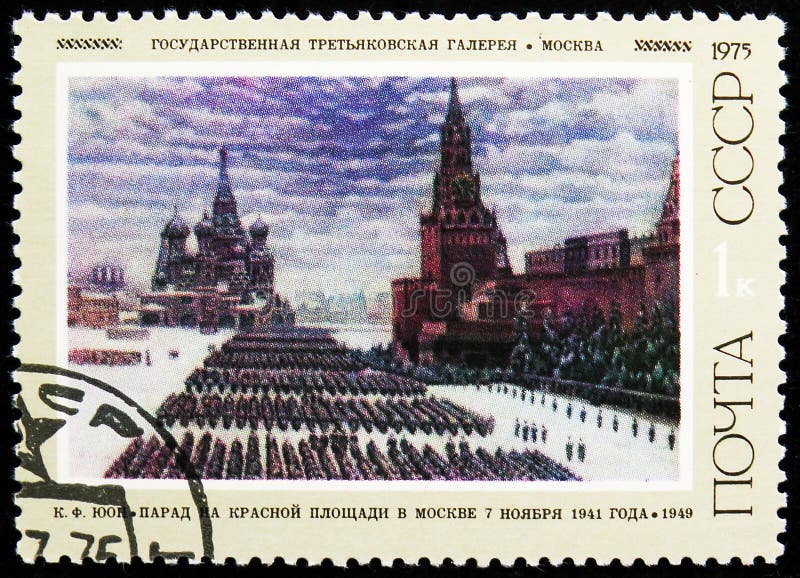


Yaffa understands compromise under state pressure as the defining experience of life under Putin. A prominent Moscow director makes an uneasy peace with the authorities and pushes Russian theater in bold new directions, until he is put under house arrest for supposedly embezzling state funds. A doctor’s humanitarian missions are used as state propaganda supporting a war she abhors. The founders of a museum that exposes the horrors of the Gulag are fired and replaced by a government functionary, and the museum’s exhibits are censored. A Crimean Tiger King with his own private zoo uses his big cats to advocate for Russian annexation, only to fall victim to a state-sponsored scheme to ruin him. A Pskov parish priest loses everything because of his steadfast rejection of the corrupt union of church and state under Putin. A Chechen single mother becomes a human rights activist during the second Chechen war and exposes Russian abuses, but after the brutal murder of a colleague she allows herself to be coopted by Ramzan Kadyrov’s government and denounces those who criticize him. A television producer sacrifices his journalistic integrity for clout. Yaffa analyzes seven examples of how state pressure has distorted the careers and lives of people in contemporary Russia. (Needless to say, the USSR comes first.) Then there’s the reality the journalist-narrator sees but can never write about: binge drinking, rigged horse races, girls who will do anything for a pair of imported platform boots, the dilemma of childbearing when you know your child might end up in a labor camp.ĭovlatov’s book is one of the inspirations for Between Two Fires: Truth, Ambition, and Compromise in Putin’s Russia by Joshua Yaffa, The New Yorker’s Moscow correspondent. The narrator’s editor berates him for ideological blunders-for instance, failing to list countries according to the success of their class struggle rather than alphabetically.

Then comes reality: hilariously squalid, ruefully funny. It consists of twelve numbered “compromises,” each of which opens with a snippet of a newspaper article: anodyne and wholesome, propagandistic in the limp, halfhearted late Soviet manner. In 1979 Dovlatov emigrated to New York, where he wrote The Compromise (1981), a chronicle of the “hard road from the reported facts to the truth” he had encountered at the paper. His darkly comic realist fiction was unpublishable even in Estonia, but at least he could make a living as a writer. Petersburg to Tallinn, where he got a job at the newspaper Soviet Estonia. In the early 1970s, during the Soviet Union’s long era of stagnation under Leonid Brezhnev, the frustrated writer Sergei Dovlatov moved from St. Vladimir Putin and Konstantin Ernst admiring a replica sword from a film produced by Ernst, Moscow, December 2016


 0 kommentar(er)
0 kommentar(er)
